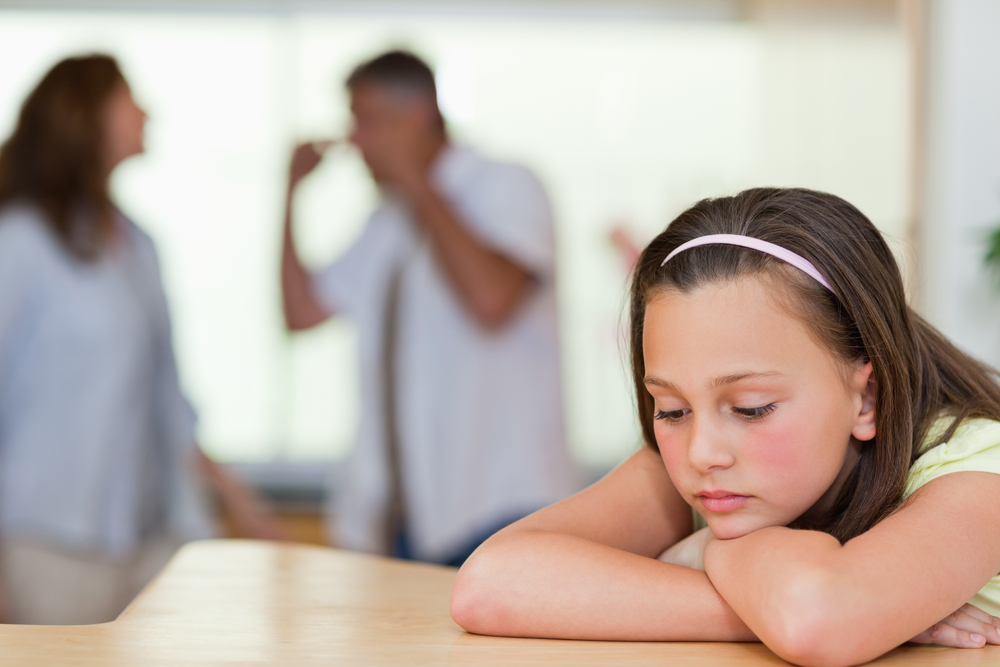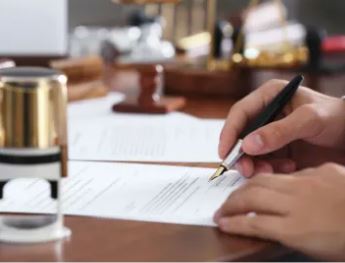
Children are resilient and it is true that in divorce, your child will adjust to the new normal that is established between you and your co-parent. It is important however, to remember that even if your child is adjusting well to a divorce, there are things you can do as a parent to help them adjust to the changes in a more seamless and healthy way. Here are some tips to consider to help ease the adjustment for your children in a divorce:
- Do Not Involve The Children In The Divorce Process: One way to help your children adjust to the divorce is not to involve them in the divorce process. Many times, parents involve their children in a divorce by divulging details about the legal proceedings and the emotional difficulties the parent is facing in the divorce. It is important not to involve your children in the divorce because when you do involve them, it will cloud the way they see the other parent and this is not healthy for their relationship with the other parent. This could also be used as ammunition against you in legal proceedings and be classified as parental alienation. Rather than focus on the litigation fight, focus instead on the bigger picture. You and your ex-spouse will have to co-parent with one another for the rest of your lives. You will both want to be at your child’s wedding and will want to have an ongoing relationship with them forever. It is better to be at peace with your ex-spouse in the co-parenting journey rather than fight with one another and be embroiled in drama that is unnecessary and unhealthy for all individuals involved. Importantly, children are too young to understand the legal complexities of divorce. It is already difficult for adults to understand the legal issues in a divorce so imagine how hard it must be for children to understand it. If you want emotional support, rather than turn to the children, reach out instead to other family members or trusted friends to provide the support you need.
- Promote and Facilitate Open Communication: As a co-parent it is imperative that you facilitate and encourage open communication. This includes open communication between the co-parent and the children, but it is also helpful if as co-parents, you are able to openly communicate with each other in cordial and friendly way. The way in which you communicate with one another will have a great impact on the way your children will view you and how they deal with their own relationships in the future. If you are involved in a litigious divorce and open communication is difficult, you do not have to apologize for the fact that communication is impossible with the co-parent. However, you can still encourage open communication and relationship between the co-parent and the children. Regardless of what you are feeling and the intense emotions you may have for the other parent, it should not impact the love and relationship you encourage between the children and the other parent. You want your child to have a good relationship with the other parent as it will impact their development. Having a strained or non-existent relationship with a parent will only have dire effects on a child and their future relationships going forward.
- Consider Spending Time Together As A Family: This is a controversial tip however a good one to consider. It may be difficult, and almost impossible in some broken families to continue to spend time together as a family unit after a divorce, but it can be done. When it is done in a healthy way, the outcome can be beautiful and wonderful healthy relationships can be forged on the basis that even though “mommy and daddy” have divorced, there is still friendship. By establishing a friendship post-divorce with your ex-spouse, you are demonstrating to the children that the family is available to support him/her and that the family love is not lost. It may take time to achieve a healthy and peaceful dynamic but it is worth considering reaching for this post-divorce family goal!
Do not be shy about speaking with your solicitor on his/her tips on how to forge a healthy family dynamic post-divorce. Your divorce solicitor is not only there to provide you with legal advice but he/she can also provide you with tips on how to have a healthy divorce rather than a litigious divorce. If your divorce solicitor only encourages litigation and division among the family, you may want to consider another divorce solicitor, one who is more focused on helping you achieve a healthy dynamic post-divorce.










